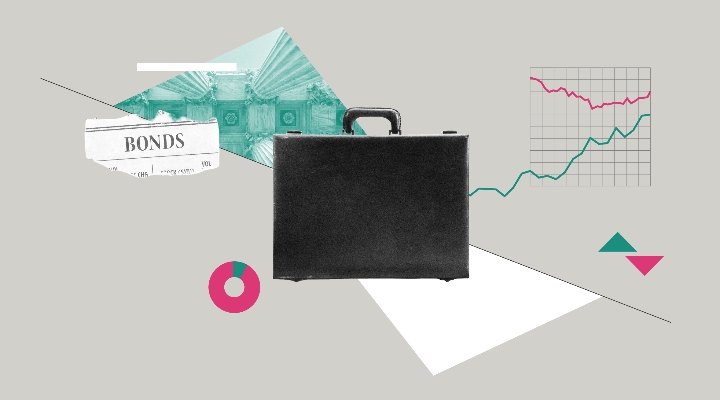
Our focus is on businesses rather than macroeconomic and geopolitical noise. We are looking for companies with tin hats to protect against external impacts. But if things really have changed for a company as a result of a political situation, we should take this seriously.
A tweet from Donal Trump recently sent the US stock market into a tailspin, reversing the recovery we had seen so far this year. There’s no doubt that tariffs have real-world consequences for companies, so perhaps this reaction from the market was warranted. But, then again, can the market really analyse and digest the complex set of economic ripples that result from changes in taxes and tariffs in a matter of hours?
Tariffs Have Real-Life Implications on Companies
Nevertheless, where there are real-life implications, it makes sense to think about the areas of the portfolio that might experience an impact. In Evenlode Global Income, there are two firms that are obvious candidates: off-road vehicle maker Polaris, and consumer electronics firm Apple.
Polaris sells small off-road vehicles, snowmobiles, motorbikes and boats largely in North America. It has strong market positions in these niche markets and a different business model to large automobile manufacturers in that it is essentially an assembler of simple products. The firm’s competitive advantage lies in the brand loyalty of customers and its sales and service network.
However, the parts it assembles into finished products come from outside the U.S., notably from China. While the business can, and has, taken steps towards offsetting the effects of tariffs on goods it needs to import by shifting sourcing and production and passing those costs on to customers, it can only do so much. The recent escalation of the tariff situation will affect profitability significantly if it persists.
We are keeping a watching brief on the situation; we do not want to be trading frenetically every time President Trump touches his phone for fear of what might be emitted onto the internet, but where action is warranted, we will be active.
Apple is less exposed, given its global nature and immense financial resources at its disposal. Overall, our direct exposure to US-China tariffs is low because of the underlying global diversification of the businesses in the portfolio. The small position in Polaris reflects the risks we perceive the business faces.
Don’t Try and Predict the Market
Our approach to macro events is to not try and analyse and predict them, but to choose companies we think can withstand a broad range of scenarios and then stick with them. This is a long-term approach, which means we avoid having to worry overly about market moves, and can instead use them to invest or divest if we think the long-run valuation picture has changed.
Our modus operandi is what we call the portfolio nudge: making incremental changes in response to the changing attractiveness of businesses in the market. So far this year, we have had a few such opportunities. In January, we bought a small position in global technology consultancy and outsourcing firm Accenture. The price had been caught in the downdraft at the end of 2018 and the valuation got to a point we thought was attractive as a starter.
In March, we exited positions in healthcare businesses AstraZeneca and Johnson & Johnson, both for valuation reasons. We had already been ‘nudging’ these positions down to reflect better valuation opportunities elsewhere in the healthcare sector. In May, we sold our holding in Finnish liftmaker Kone and introduced consumer goods firm Reckitt Benckiser into the portfolio, as well as U.S. travel IT company Sabre.
This is a significant level activity for us and was a result not just of the overall volatility in the markets, but the relative movements between high-quality businesses in our investable universe.
If there is more of a global downturn, for whatever reasons, most businesses will be affected. But we have confidence that the businesses in the portfolio have a good chance of emerging in good shape, and, in the better times, will thrive. Ups and downs are a fact of life for all businesses and economies; how they deal with them is what counts.
Ben Peters id co-manager of the five-star rated Evenlode Income fund and manager of the Evenlode Global Income fund





























